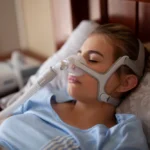Sleep apnea and ADHD are two prevalent conditions that can significantly impact an individual’s overall health and well-being. While they may seem like distinct disorders, research suggests a complex interplay between the two, with each exacerbating the symptoms of the other. Understanding this connection is valuable for effective diagnosis and treatment.
The Prevalence of Sleep Apnea and ADHD
Sleep apnea, characterized by repetitive pauses in breathing during sleep, affects up to 25% of adults worldwide. ADHD, a neurodevelopmental disorder marked by inattention, hyperactivity, and impulsivity, is estimated to affect 5-7% of children and 2.5% of adults.
The Bidirectional Relationship
Studies have demonstrated a bidirectional relationship between sleep apnea and ADHD. Individuals with sleep apnea are more likely to experience ADHD symptoms, such as difficulty concentrating, hyperactivity, and impulsivity. Conversely, those with ADHD have a higher risk of developing sleep apnea.
Shared Underlying Mechanisms
The exact mechanisms underlying the connection between sleep apnea and ADHD are still being investigated. However, several factors are believed to contribute, including:
- Dopamine Dysregulation: Dopamine, a neurotransmitter involved in motivation, reward, and attention, is dysregulated in both sleep apnea and ADHD.
- Structural Brain Changes: Alterations in brain structure, particularly in areas associated with attention and impulse control, have been observed in both conditions.
- Genetic Predisposition: Genetic factors may play a role in the increased susceptibility to both sleep apnea and ADHD.
- Sleep Deprivation: OSA is associated with sleep deprivation, and sleep deprivation is associated with the behavior and learning issues that can be misdiagnosed as ADHD
Impact on Symptoms and Treatment
The coexistence of sleep apnea and ADHD can exacerbate the symptoms of both disorders. Sleep deprivation from sleep apnea can worsen ADHD symptoms, such as inattention, impulsivity, and hyperactivity. Similarly, ADHD’s disruptive impact on sleep can worsen sleep apnea.
Treating one condition can also alleviate symptoms of the other. For instance, managing sleep apnea with continuous positive airway pressure (CPAP) therapy can improve ADHD symptoms and cognitive function. Similarly, ADHD medications may help regulate sleep patterns and reduce sleep disturbances.
The relationship between sleep apnea and ADHD is complex and multifaceted. Understanding this connection is crucial for optimizing diagnosis and treatment strategies. By addressing both conditions, individuals can experience significant improvements in their sleep quality, attention, and overall well-being.
Left untreated, sleep apnea can cause serious health problems such as high blood pressure, diabetes, heart disease, and stroke. In addition, by causing exhaustion and daytime fatigue, sleep apnea can lead you to miss out on fun, laughter, relationships and intimacy as well as affect your day to day mood and performance.
If you suspect you have sleep apnea, you can book an online appointment with us at patient.ognomy.com or download Ognomy at App Store or Google Play to talk to a sleep specialist today.












